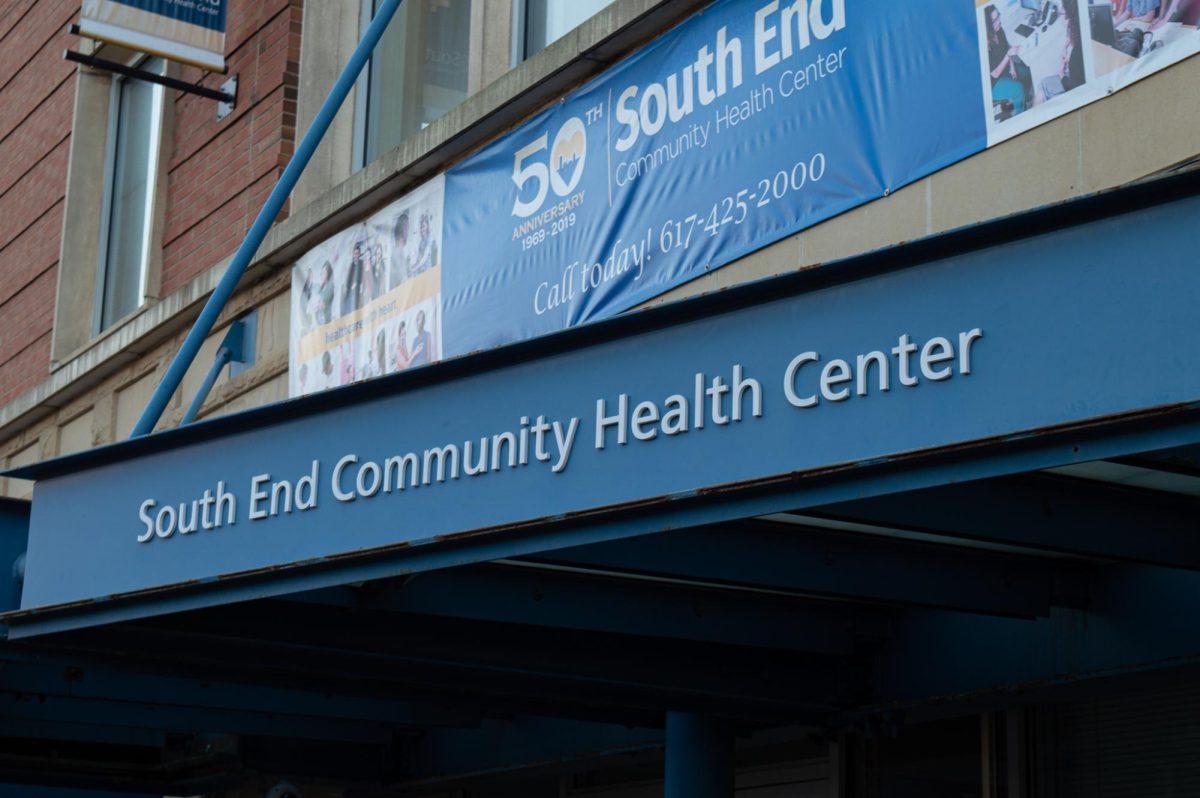Imagine a young woman, six months pregnant, sitting anxiously in a doctor’s waiting room. She should be glowing and excited about her upcoming baby, but instead, she’s consumed with worry.
Despite attending all her prenatal check-ups, she remains underweight. Her doctor, concerned about the baby’s growth, urges her to focus on nutrition. What the doctor doesn’t know is that she’s making the difficult decision of cutting back on groceries to afford rent. Although she’s receiving quality prenatal care, she and her unborn child are at risk due to one missing piece: access to affordable, nutritious food.
This young mother’s story is not an anomaly. Millions of Americans, despite having access to healthcare, struggle with basic needs that are crucial to health, such as food, housing and safe environments. Healthcare providers can only do so much when underlying causes of health, known as social determinants of health, or SDOH, remain unaddressed. SDOH are ultimately the conditions in which people are born, grow, work, live and age that have a major impact on health, well-being and quality of life.
For instance, asthma medication can always ease symptoms, but it cannot fix a moldy apartment. Antidepressants can improve mental health, but they won’t remedy social isolation caused by a lack of internet access. Similarly, prenatal check-ups can monitor pregnancy, but they won’t alleviate a mother’s struggle to buy groceries.
This issue points to the limitations of a healthcare system focused more on treating symptoms than preventing the root causes of poor health. While some of the best doctors in the world diagnose and treat patients here in Boston, they often aren’t trained to address non-medical factors like poverty, poor housing and food insecurity, which deeply impact health outcomes.
The impact of these issues can also be seen right here on Northeastern University’s campus. With 25% of students reporting facing food insecurity, the challenge of skipping meals or going without food can have lasting negative effects on students — from a lower grade point average to poor mental health. This gap highlights the need to educate future healthcare professionals about SDOH so they can better recognize and respond to these challenges in their patients.
In order to fill this gap, organizations are taking initiative, like Link Health, where I began my practicum experience in July. Since starting, I have found incredible meaning and purpose in its mission, which centers on improving the health and lives of individuals by connecting them to essential federal benefit programs that target SDOH. For instance, since Link Health is embedded in healthcare settings throughout Boston, it helps patients enroll in the Supplemental Nutrition Assistance Program, which provides financial assistance for groceries.
Northeastern University students comprise a large percentage of Link Health’s team, as the organization’s founder, Dr. Alister Martin, has established partnerships with Northeastern via the Burnes Center for Social Change and Bouvé College of Health Sciences. As such, many Northeastern pre-medical, health and social work students internally learn about the opportunity to work with the organization, and many do so to gain experience with volunteering, direct patient interaction and more. Students ultimately are able to work toward improving their knowledge and skills at the intersection of medicine and public health.
Providing opportunities like this for students while they gain their education is essential in shaping future doctors, nurses and healthcare workers who are able to address critical issues encompassing not only medical but also social factors impacting their patients. Northeastern students lie at the heart of this work, with almost 4,500 undergraduate students in the core science colleges. Now is the chance to create thousands of more informed future professionals.
To date, Link Health’s ambassadors and fellows have helped distribute over $2.7 million to low-income families. This isn’t just about filling out paperwork; it’s about making sure that a pregnant mother doesn’t have to choose between food and rent. It’s about ensuring that no Northeastern student has to starve for their college education.
Ensuring the next generation of healthcare professionals, particularly Northeastern pre-health students, are aware of SDOH is vital. By bridging this gap between medicine and public health, these future professionals will be better equipped to understand and address the social factors affecting their patients. The entire community’s health — here at Northeastern and beyond — can improve. Ultimately, only by tackling these root causes of poor health can we hope to prevent them, ensuring a healthier future for all.
Jessica Johnson is a second-year Master’s of public health student. She can be reached at johnson.jessi@northeastern.edu.
The Huntington News is dedicated to serving the Northeastern University community with original, professional reporting and creating an environment in which student journalists can learn from one another. Support an independent, free press at Northeastern University with your donation today.














